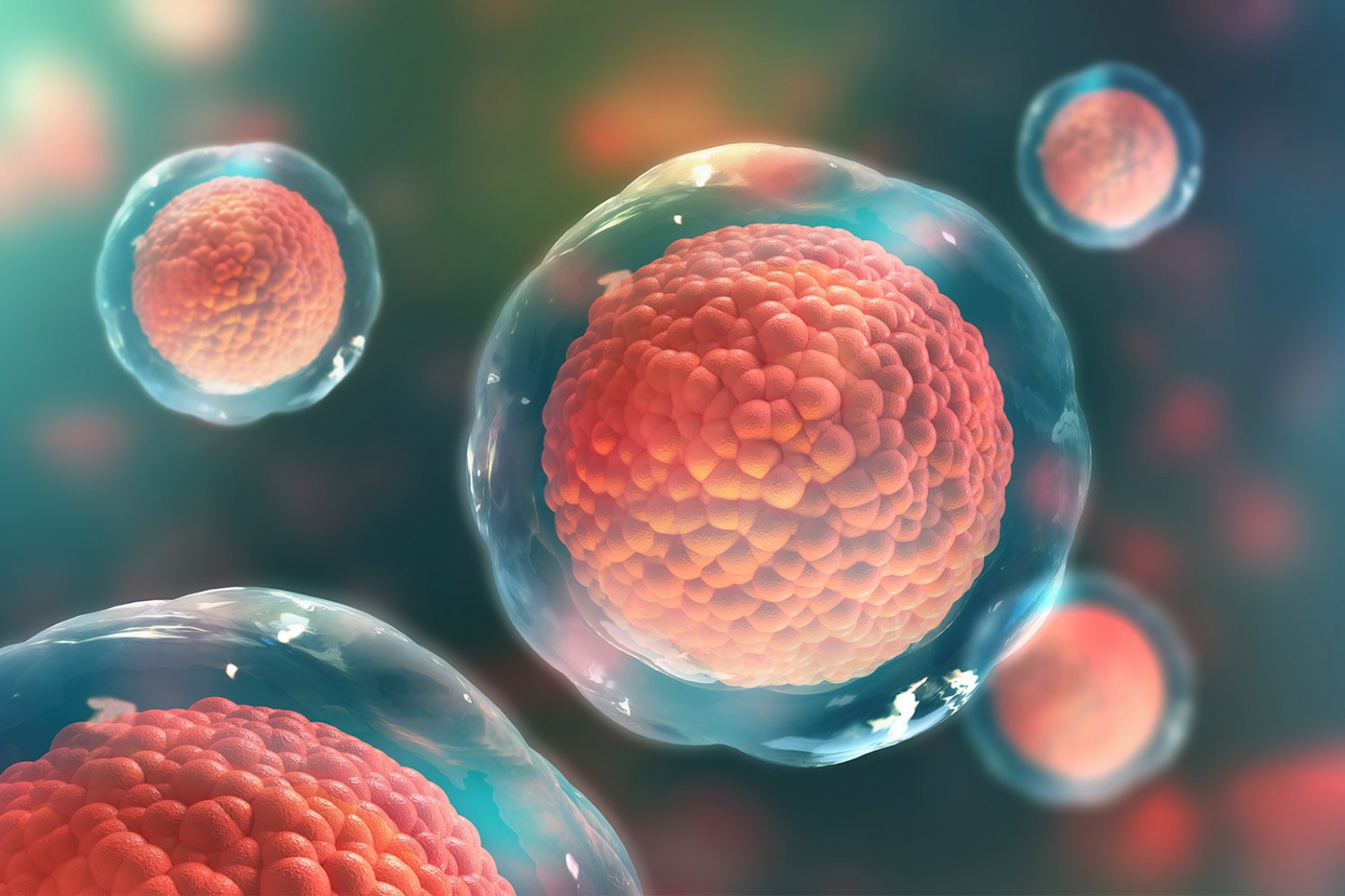CDW Holding Co-Develops Anti-Cancer Drugs With Clinical Trials to Commence in 2022
CDW Holding Limited has announced that anti-Cripto-1, a monoclonal antibody developed jointly with Okayama University, has shown promise for use in a wide range of anti-cancer drugs.
GSP Enterprise Inc. (GSP), a subsidiary of the group acquired in 2018, has been working with Okayama University, Japan, over the past 20 years on a synthetic antibody library intended for immuno-oncology applications with a patent granted. The anti-Cripto-1 was obtained from this library, which was then cloned and humanised.
Internal Trials. The anti-Cripto-1 antibody works by binding itself to the Cripto-1 protein expressed on cancer stem cells. The in-vitro cell growth inhibition test conducted by Okayama University showed significant reductions in cancer cell growth.
In-vivo tests, which used tumour-bearing mice subcutaneously transplanted with a human brain tumour cell line, also showed that tumour growth appeared to be significantly inhibited by the anti-Cripto-1 antibody. This study compared the effects of the anti-Cripto-1 antibody to phosphate-buffered saline (PBS). PBS is a water-based salt solution commonly used in biological research. These were first administered to the mice two weeks after the cell transplantation, then on the third, fourth, and fifth weeks for a total of four doses. From the start of treatment (two weeks after transplantation) to the four weeks following (six weeks after transplantation), the mice given the PBS saline solution saw an increase in tumour volume to 180 per cent, while the mice that had been given the anti-Cripto-1 antibody saw a reduction to 50 per cent. Furthermore, when similar experiments were conducted on stem cells derived from human brain cancer cell lines, the PBS-administered cancer stem cells saw an increase in tumour volume to 340 per cent, while that of anti-Cripto-1 antibody-administered cancer stem cells saw a reduction to 40 per cent. It also suppressed tumour growth in these cancer stem cells.
Furthermore, an in vitro study for cancer cell proliferation showed that growth in brain tumours, breast and colon cancer cells, and teratogenic cancers all appeared to be significantly inhibited by the anti-Cripto-1 antibody.
The researchers have also submitted the trial findings to four leading journals for peer review and publication.
The initial results of both in vitro and in vivo conducted at Okayama University indicate that the compound holds promise in treating a wide range of various cancer types. Cancer stem cells have been shown to have a significant impact on the recurrence rate of malignant tumours. Existing cancer therapies, including targeted therapies, are thought to be effective only against specific cancer cells contained in the cancer tissue, and that cancer stem cells are generally resistant to anticancer drugs. The inability to target cancer stem cells effectively with existing treatment options results in relapses.
Masaharu Seno, Professor of Protein Engineering at Okayama University explained “Cripto- 1 is a known molecule required for the self-renewal of cancer stem cells. If the anti-Cripto-1 antibody that targets the structure of human Cripto-1 becomes available, it may be possible to develop innovative cancer treatments that suppress the growth of cancer stem cells.”
By targeting cancer stem cells, the anti-Cripto-1 antibody can be used to develop new drugs in the market that demonstrate greater efficacy in treating metastatic or invasive cancers. The global tumour therapeutics market was valued at US$98.9 billion in 2018 and is estimated to reach US$180 billion by 2026, registering a CAGR of 7.7 per cent from 2019 to 2026.
CDW and A Biotech Co., Limited (Abiotech) filed a patent on November 11, 2019 with the Japan Patent Office for the use of Cripto-1 to suppress the progression of cancer stem cells. The patent was awarded on September 9, 2020. The intellectual property related to the patent will be jointly owned by the Group and its associated company, Abiotech.
Further clinical trials will have to be conducted to determine its efficacy in treating human patients. Abiotech will commence pre-clinical toxicology tests in 2021, in preparation for eventual use in clinical trials. Depending on the results of the pre-clinical trials, the Group expects to license the intellectual property rights to pharmaceutical industry players for clinical trials in 2022 and subsequent manufacturing and distributing the drugs developed from the anti-Cripto-1 antibody.


